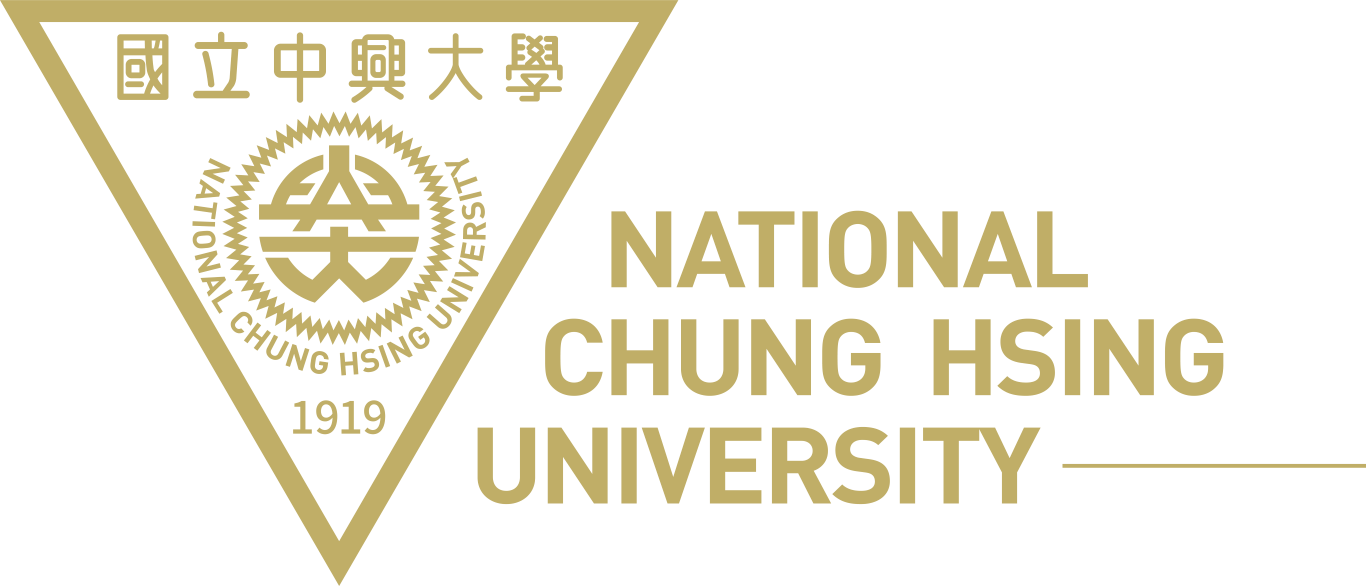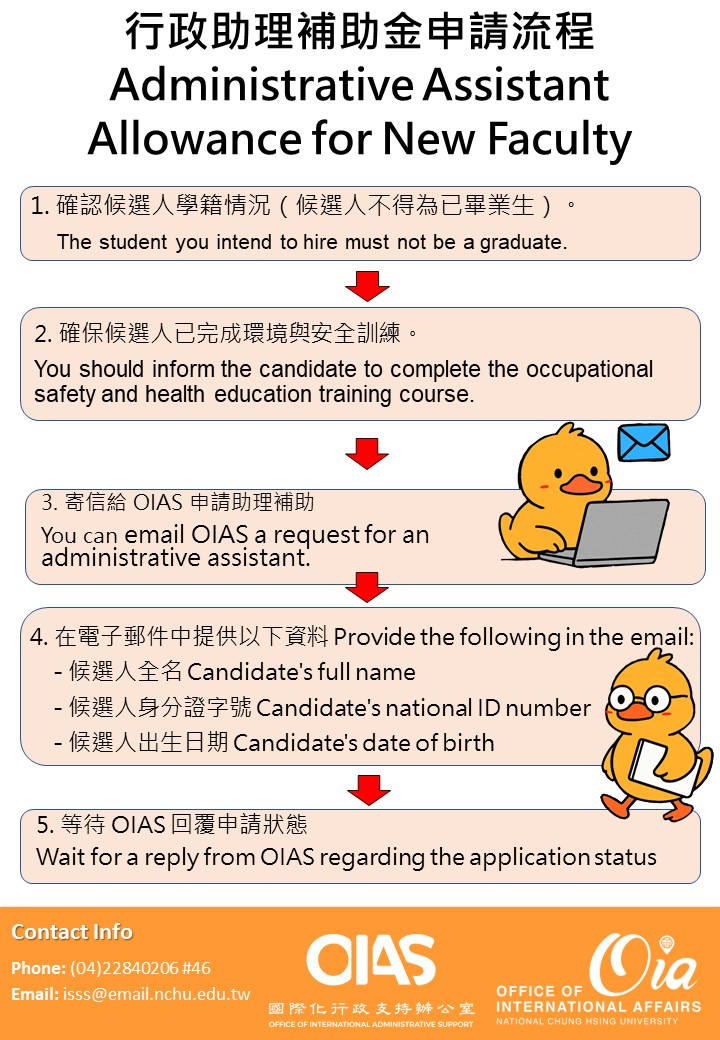General Education and Training Course on Information Security
Faculty members and postdoctoral researchers may take the “Information Security General Knowledge Online Test” between the 25th and the 30th each month. Passing the test will be recognized as three hours of general information security education credits.
All related exam information has been compiled on the Information Security Awareness Promotion website.
!!! Please ensure all personal information is entered correctly to safeguard your examination rights !!!
Pursuant to Appendix 5 of the Regulations on Grading Levels of Information Security Responsibility, all general users and supervisors are required to complete at least three hours of general information security education and training each year.
For related course information, please refer to the E-Learning for Civil Servants course information link:
Information Security General Knowledge Course (course code for hours: 522)
You may also search for “Information Security” courses directly on the E-Learning for Civil Servants platform.
Inportant: Completion of the training must be recorded in the online attendance system to be officially recognized (instructional website available).
Instructions for the new “Learning Hours” application fields:
Institution Name: Course provider
Activity Name: Course name
Event Date: Start and end dates must be within the current year
Certification Authority: Platform issuing the certificate
Course Category: General Information Security or Professional Information Security
!!! For first-time users of the E-Learning for Civil Servants platform who are not civil servants, please register using a general public Google+ account !!!
For inquiries, please contact Mr. Chang at ext. 306-747.


